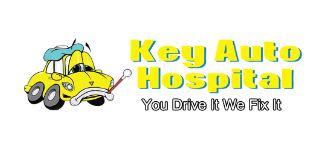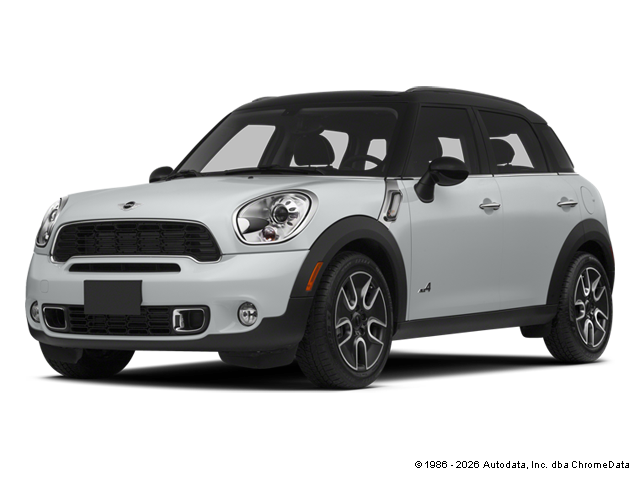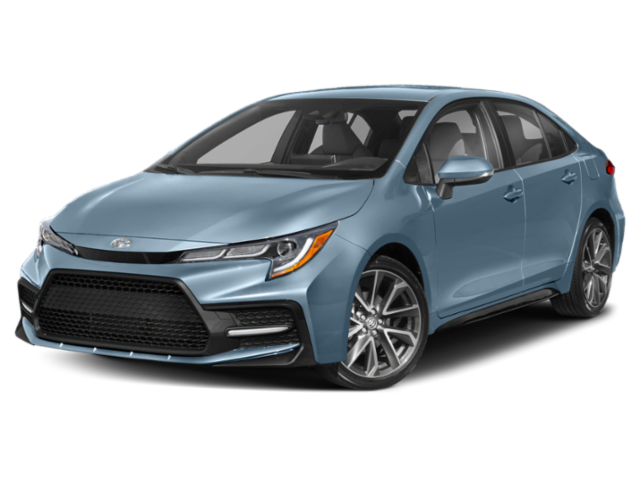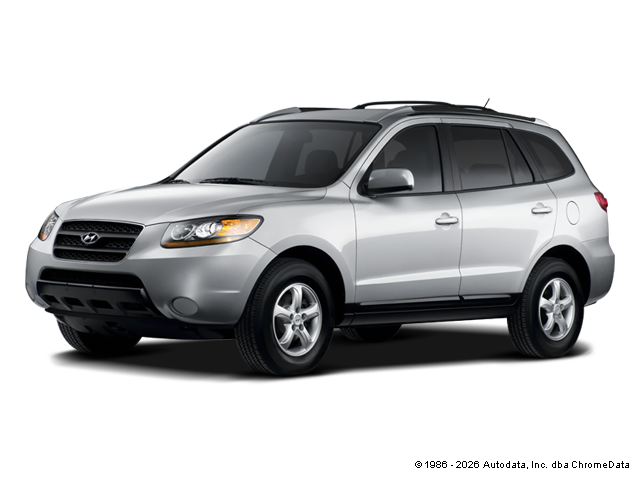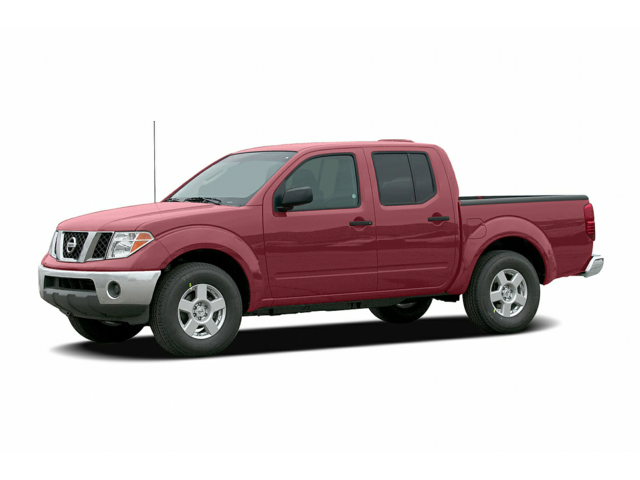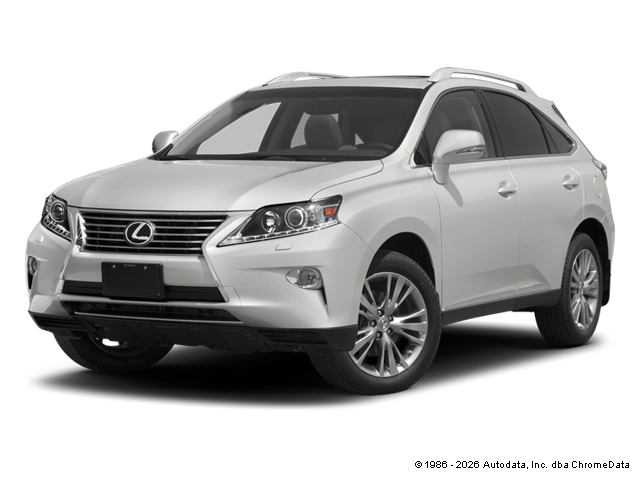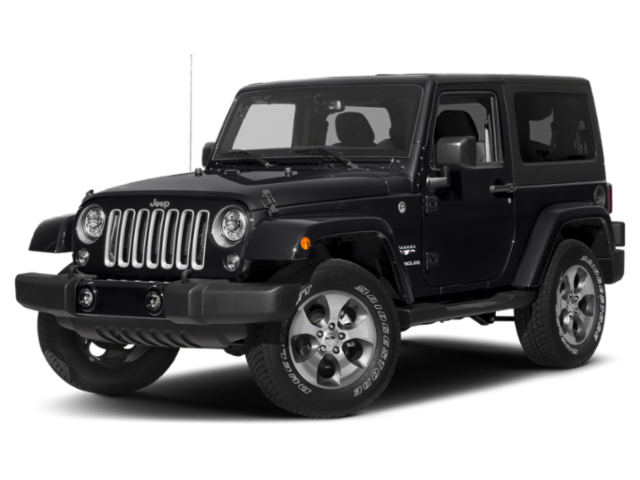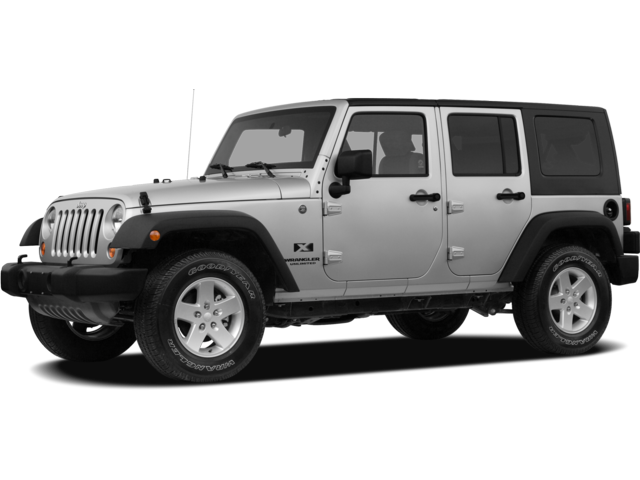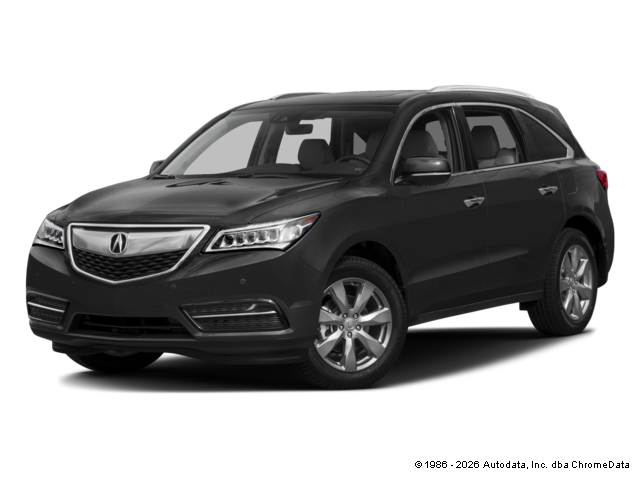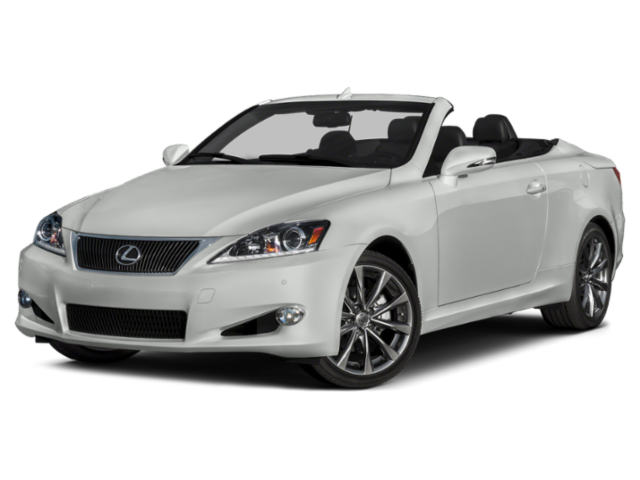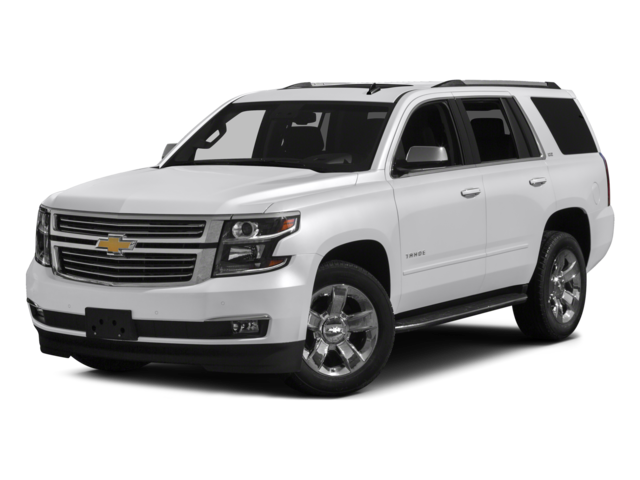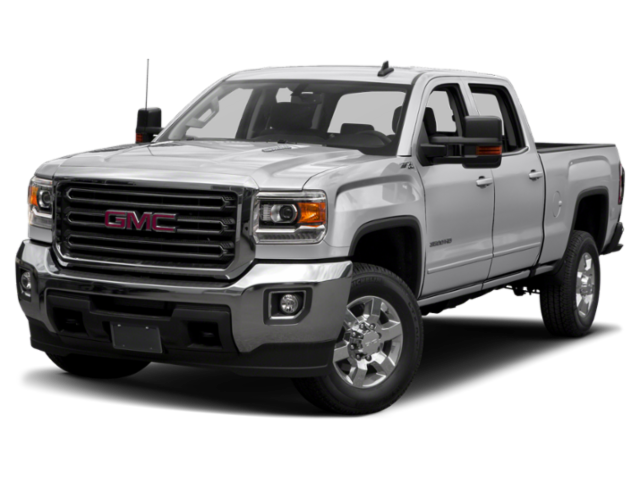
The Absolute Best Car Service in Pensacola, FL
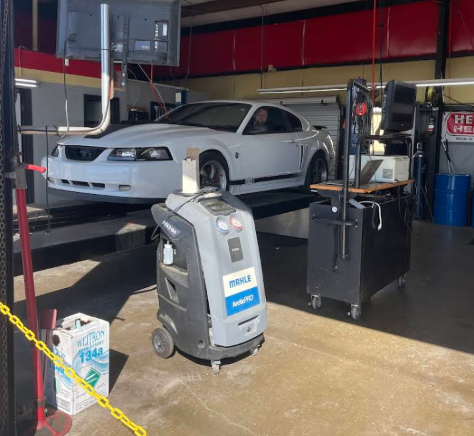
Key Auto Hospital
What sets Key Auto Hospital apart from all of the others in Pensacola, FL?
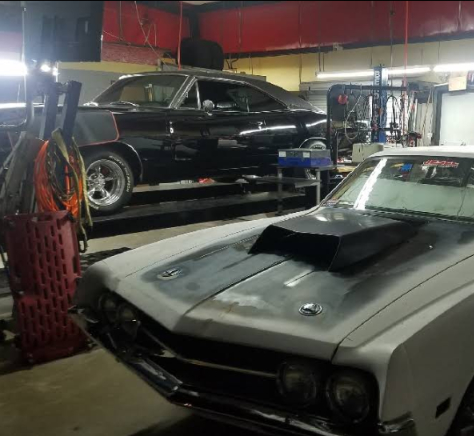
Quality Service
We use the latest diagnostic equipment and high-quality parts to ensure your vehicle is repaired to the highest standards.
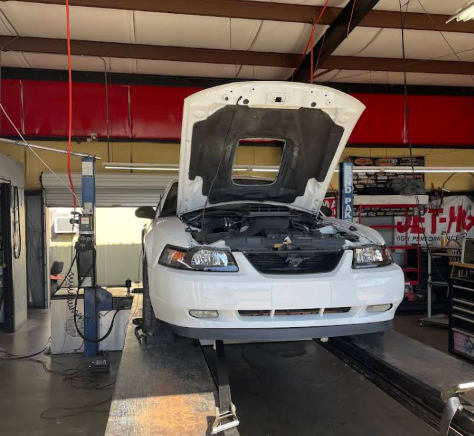
Experienced and Certified Technicians
Our ASE certified technicians are highly skilled and certified professionals with years of experience in the auto repair industry. They have the expertise to diagnose and repair any problem your vehicle may have.

Customer Satisfaction
Our goal is to exceed your expectations and ensure your complete satisfaction with every visit.
Recently Serviced Vehicles
-
2014 MINI Cooper Countryman
Mileage95,418Service Date11/18/2025Services Performed- TEST AND DIAGNOSE CONCERN C/S MIL ON
- OXYGEN SENSOR – Remove & Replace – Before Catalytic Converter
EDWARD R. gave our service a 5 star review on 11/18/2025 -
2022 Toyota Corolla
Mileage46,088Service Date11/13/2025Services Performed- Lubricate and check chassis. Change oil and oil filter. Check air filter and breather filter. Check all fluid levels and tire pressures. Preform basic safety inspection. Road test vehicle.
ELLEN D. gave our service a 5 star review on 11/13/2025 -
2008 Hyundai Santa Fe
Mileage186,914Service Date11/12/2025Services Performed- TEST AND DIAGNOSE CONCERN C/S HEATER NOT WORKING
- HVAC DOOR ACTUATOR – Remove & Replace – Temperature Door – [DOES NOT include Air Conditioning System recover, evacuate and/or recharge.]
- THERMOSTAT &/OR OUTLET – Remove & Replace – 3.3L Eng
AMANDA B. gave our service a 5 star review on 11/12/2025 -
2006 Nissan Frontier
Mileage113,593Service Date11/12/2025Services Performed- TEST AND DIAGNOSE CONCERN C/S CHECK CHARGING SYSTEM
- ALTERNATOR ASSEMBLY – Remove & Replace – V6 – [Includes: Test.]
- REPAIR BATTERY TERMINAL/BATTERY SERVICE AND CHARGE
MIKE W. gave our service a 5 star review on 11/12/2025 -
2013 Lexus RX 350
Mileage156,676Service Date11/10/2025Services Performed- LUBE OIL AND FILTER CHANGE
- ROTATE TIRES
DEAN P. gave our service a 5 star review on 11/10/2025 -
2017 Jeep Wrangler
Mileage68,404Service Date11/7/2025Services Performed- TEST AND DIAGNOSE CONCERN C/S MIL ON
FRED W. gave our service a 5 star review on 11/7/2025 -
2007 Jeep Wrangler
Mileage1Service Date11/5/2025Services Performed- RADIATOR – Remove & Replace – Automatic Trans
BRIAN H. gave our service a 5 star review on 11/6/2025 -
2016 Acura MDX
Mileage77,660Service Date11/5/2025Services Performed- LUBE OIL AND FILTER CHANGE
- ROTATE TIRES
MICHAEL N. gave our service a 5 star review on 11/5/2025 -
2015 Lexus IS 250C
Mileage63,305Service Date11/4/2025Services Performed- Lubricate and check chassis. Change oil and oil filter. Check air filter and breather filter. Check all fluid levels and tire pressures. Preform basic safety inspection. Road test vehicle.
JEANNE B. gave our service a 5 star review on 11/4/2025 -
2014 GMC Acadia
Mileage60,157Service Date11/3/2025Services Performed- Lubricate and check chassis. Change oil and oil filter. Check air filter and breather filter. Check all fluid levels and tire pressures. Preform basic safety inspection. Road test vehicle.
- ROTATE TIRES
STEVE H. gave our service a 5 star review on 11/3/2025 -
2016 Chevrolet Tahoe
Mileage83,932Service Date10/23/2025Services Performed- COOLANT TEMPERATURE SENSOR – Remove & Replace
- TEST AND DIAGNOSE CONCERN C/S FAN STAYS ON/ TEMP GAUGE SWEEPS BUT DOESNT CHANGE AFTER
TIM L. gave our service a 5 star review on 10/23/2025 -
2018 GMC Sierra 2500 HD
Mileage21,408Service Date10/21/2025Services Performed- ADD AIR TO REAR TIRE
- FUEL FILTER CHANGE
- FUEL FILTER – Remove & Replace – Diesel Element – [Includes: Perform Filter Life Monitor Reset procedure.]
- Lubricate and check chassis. Change oil and oil filter. Check air filter and breather filter. Check all fluid levels and tire pressures. Preform basic safety inspection. Road test vehicle.
RONALD F. gave our service a 5 star review on 10/21/2025
Contact Us Today for an Auto Repair Estimate
Our friendly and knowledgeable staff is always happy to answer any questions you may have and will keep you informed throughout the entire repair process. So why pick us for all your Pensacola auto repair needs? The answer is simple: expertise, customer service, affordability, convenience, and quality. Contact us today to schedule your appointment and experience the difference for yourself.

Hours
Mon-Fri: 8am-5pmSat-Sun: Closed

Address
Key Auto Hospital
13026 Sorrento Rd
Pensacola, FL 32507
